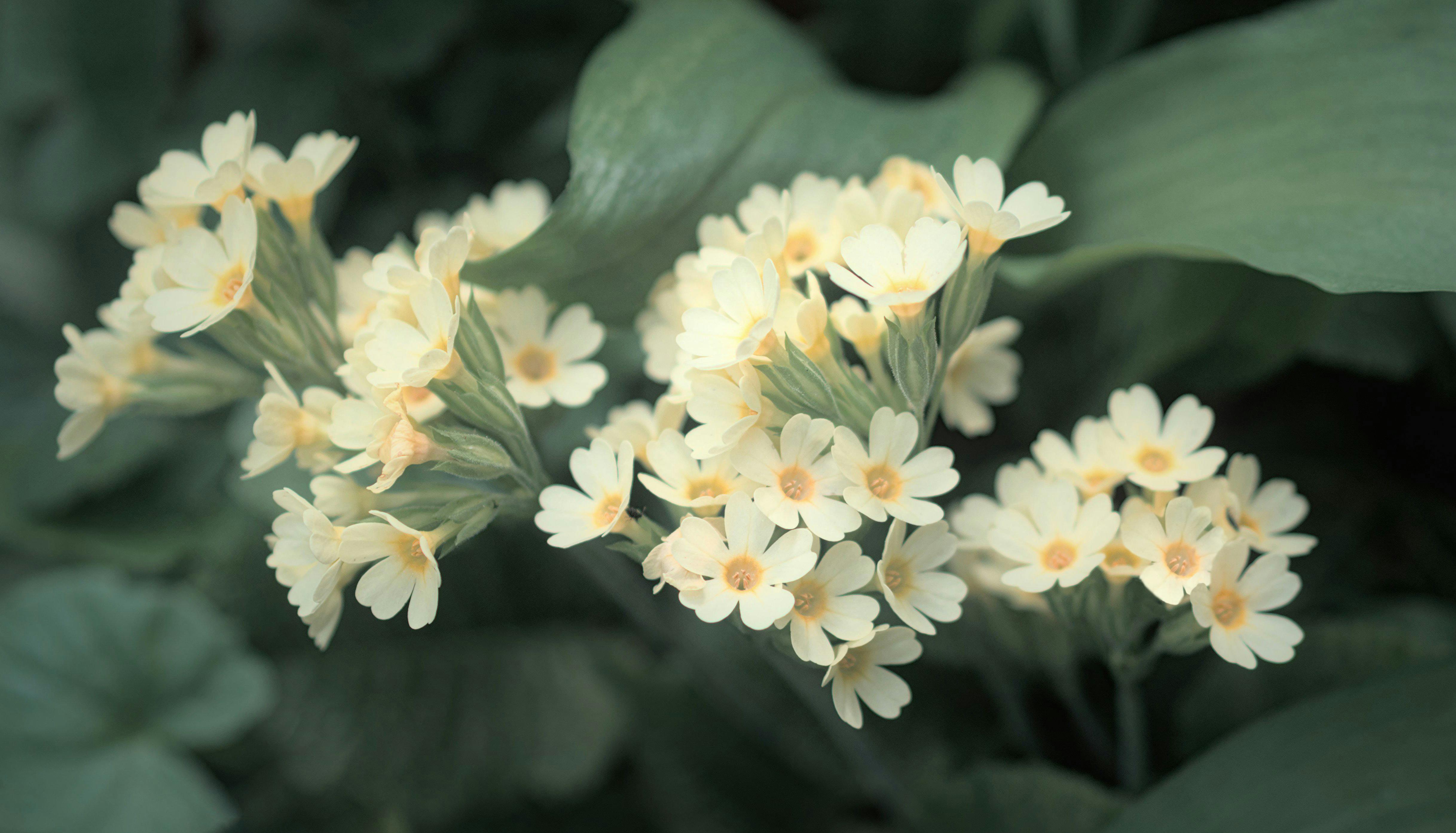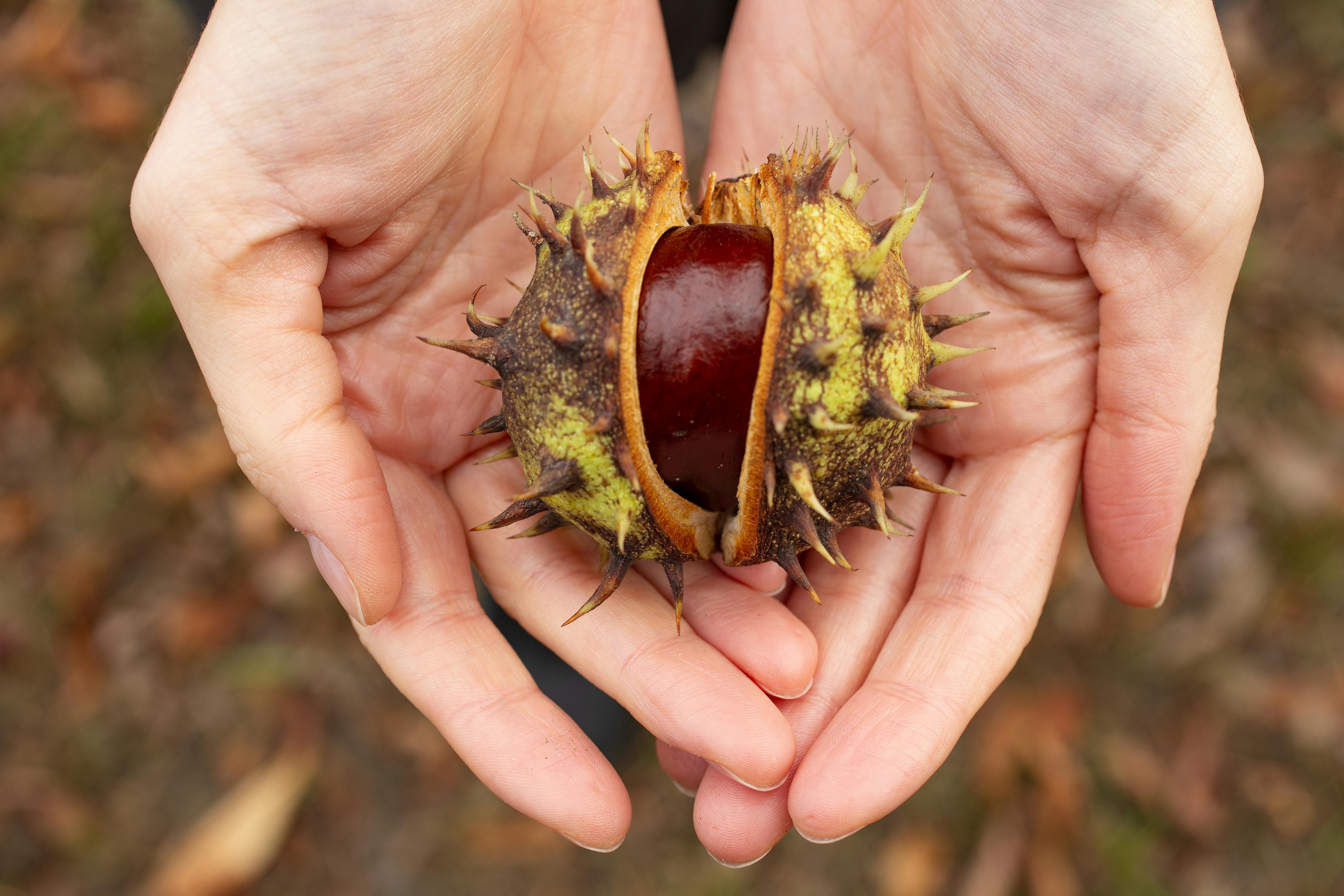Understanding the Role of Mr. Gardener in Modern Horticulture
The Significance of Mr. Gardener’s Expertise
Mr. Gardener plays a crucial role in the field of horticulture, especially when it comes to urban gardening and sustainable practices. His extensive knowledge on plant care, soil management, and pest control makes him an invaluable resource for both novice and experienced gardeners. Understanding the significance of Mr. Gardener’s expertise can transform a simple backyard into a flourishing garden. With the right guidance, individuals can effectively utilize their space, whether it’s a small balcony or a large backyard, to create a beautiful and productive garden.

Principles of Sustainable Gardening
Sustainable gardening is a key principle that Mr. Gardener advocates. This approach focuses on cultivating plants in a way that is environmentally friendly and resource-efficient. Techniques such as composting, crop rotation, and the use of organic fertilizers are essential in promoting healthy soil and reducing the need for chemical interventions. By adopting sustainable practices, gardeners can ensure that their gardening efforts contribute positively to the environment, fostering biodiversity and reducing their carbon footprint. Mr. Gardener’s emphasis on these principles can lead to more resilient garden ecosystems.
Essential Tools for Every Gardener
Mr. Gardener knows that having the right tools is fundamental for successful horticulture. Essential tools such as hand trowels, pruners, and watering cans can significantly enhance a gardener’s efficiency and effectiveness. For instance, a good pair of pruners can help in maintaining plant health by allowing for precise cuts that promote growth. Moreover, investing in quality tools not only improves gardening outcomes but also ensures a more enjoyable experience. Mr. Gardener often recommends checking tools regularly to ensure they are well-maintained and ready for use.
Creating a Thriving Vegetable Garden
One of Mr. Gardener’s specializations is helping individuals create a thriving vegetable garden. The first step is selecting the right location that receives ample sunlight and has access to water. Next, he emphasizes the importance of soil preparation, which includes testing pH levels and incorporating organic matter to enhance fertility. Proper spacing of plants is also vital; it reduces competition for nutrients and allows for proper airflow, minimizing the risk of disease. By following these guidelines, anyone can enjoy an abundant harvest from their vegetable garden.
Mr. Gardener’s Tips for Effective Pest Management
In the realm of gardening, managing pests effectively is one of Mr. Gardener’s most sought-after teachings. Pest management can make or break a gardener’s efforts, and understanding integrated pest management (IPM) techniques is key to successful gardening. This holistic approach encompasses various strategies that focus on prevention, monitoring, and control, thereby minimizing the need for chemical pesticides.

Understanding Pest Life Cycles
To effectively manage pests, Mr. Gardener stresses the importance of understanding their life cycles. Recognizing when pests are most vulnerable can help in timing interventions such as releasing beneficial insects or applying organic pesticides. For example, many pests can be controlled during their larval stage, making it critical for gardeners to monitor their gardens regularly. This proactive approach not only reduces infestation levels but also promotes a healthier garden ecosystem.
Natural Pest Control Methods
Mr. Gardener advocates for natural pest control methods that are safe for both the gardener and the environment. Techniques such as introducing ladybugs to control aphid populations, using neem oil for a variety of pests, and planting companion crops can significantly reduce pest numbers. Additionally, maintaining garden hygiene by removing debris and fallen fruit can prevent pest harborage. By employing these natural methods, gardeners can protect their plants without risking harmful side effects.
Recognizing Beneficial Insects
Identifying beneficial insects is another vital component of pest management that Mr. Gardener teaches. Ladybugs, lacewings, and parasitic wasps are just a few examples of beneficial insects that help control pest populations. Gardeners are encouraged to foster these allies by creating habitats—such as flowering plants that provide nectar and pollen. This symbiotic relationship enhances the garden’s health and can lead to more fruitful gardening endeavors.
The Importance of Soil Health in Gardening
Soil health is a critical aspect of gardening that Mr. Gardener emphasizes constantly. Healthy soil not only provides essential nutrients to plants but also supports microbial health, which is crucial for breakdown of organic matter. Understanding soil composition and the need for aeration, drainage, and nutrient content can significantly influence gardening outcomes. Mr. Gardener teaches that investing time and resources into improving soil health pays off in lush, productive gardens.
Soil Testing and Amendments
Conducting a soil test is an important first step advocated by Mr. Gardener. A soil test reveals pH levels, nutrient deficiencies, and organic matter content, providing a solid foundation for soil improvement efforts. Based on the results, amendments such as compost, lime, or fertilizers can be implemented to address specific deficiencies. By carefully amending the soil, gardeners can create optimal growing conditions for their plants, leading to healthier and more productive gardens.
Organic Matter and Soil Structure
Adding organic matter is crucial for enhancing soil structure, as Mr. Gardener often highlights. Organic matter such as compost or well-rotted manure improves soil aeration, increases water retention, and encourages the growth of beneficial microorganisms. This not only enhances soil fertility but also creates a thriving habitat for plant roots, leading to stronger, healthier plants. Regularly incorporating organic matter into garden beds is a practice that can yield lasting benefits.
Combatting Soil Erosion
Soil erosion is a significant concern in gardening that can lead to loss of fertility and negatively impact plant growth. Mr. Gardener advises implementing strategies such as mulching, cover cropping, and creating terraces in sloped areas to combat erosion. These practices help hold soil in place, retaining moisture and nutrients. By understanding and addressing soil erosion, gardeners can maintain the integrity of their gardening efforts over the long term.
Key Takeaways
- Mr. Gardener provides essential knowledge on sustainable practices that benefit both the gardener and the environment.
- Understanding pest management through IPM techniques can significantly enhance garden productivity.
- Healthy soil is crucial for plant growth, and investing in soil health pays off in flourishing gardens.
- Natural pest control and beneficial insects play a vital role in sustainable gardening.
- Regular maintenance and proper gardening techniques foster resilience and abundance in gardens.
FAQ
1. What are some easy vegetables to start with in a garden?
For beginners, Mr. Gardener recommends planting easy-to-grow vegetables such as radishes, lettuce, and green beans. These vegetables typically have shorter growing seasons and require less maintenance, making them perfect for novice gardeners looking to gain confidence.
2. How can I improve the quality of my garden soil?
Improving garden soil can be achieved by adding organic matter, conducting soil tests, and using amendments suitable for your specific soil needs. Incorporating compost and practicing crop rotation are effective strategies to enhance soil quality over time.
3. What are some natural remedies for common gardening pests?
Some effective natural remedies include using neem oil, garlic spray, and diatomaceous earth. These solutions can deter or eliminate pests without harming beneficial insects or the environment, as advised by Mr. Gardener.
4. How can I attract beneficial insects to my garden?
Planting a diverse range of flowers that bloom at different times can attract beneficial insects. Flowering plants like marigolds, yarrow, and dill provide nectar and shelter, promoting a healthy ecosystem in your garden.
5. What role does crop rotation play in sustainable gardening?
Crop rotation is vital in sustainable gardening as it prevents nutrient depletion, minimizes pest and disease cycles, and improves soil health. Practicing rotation keeps the garden ecosystem balanced and resilient over time.
